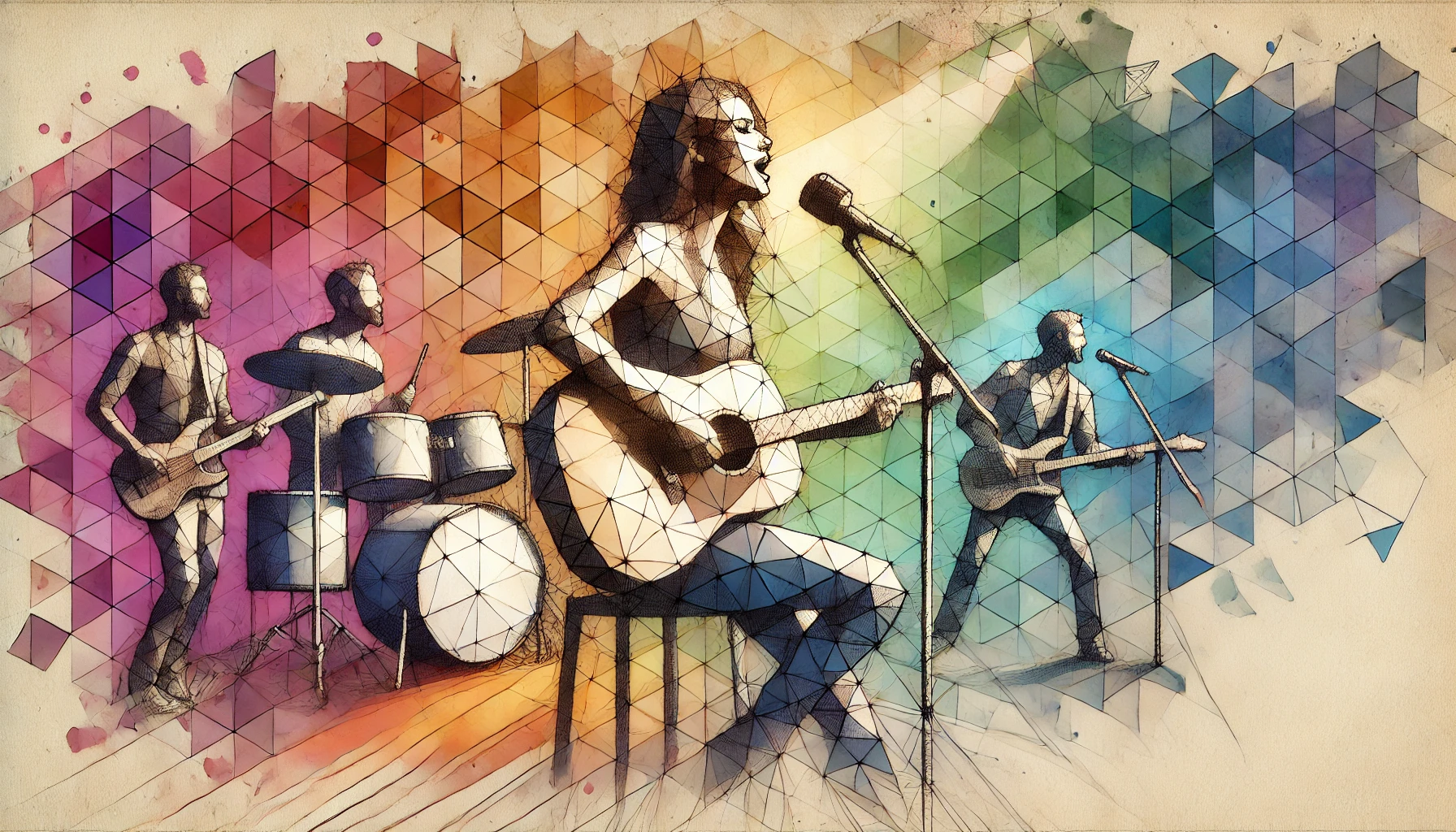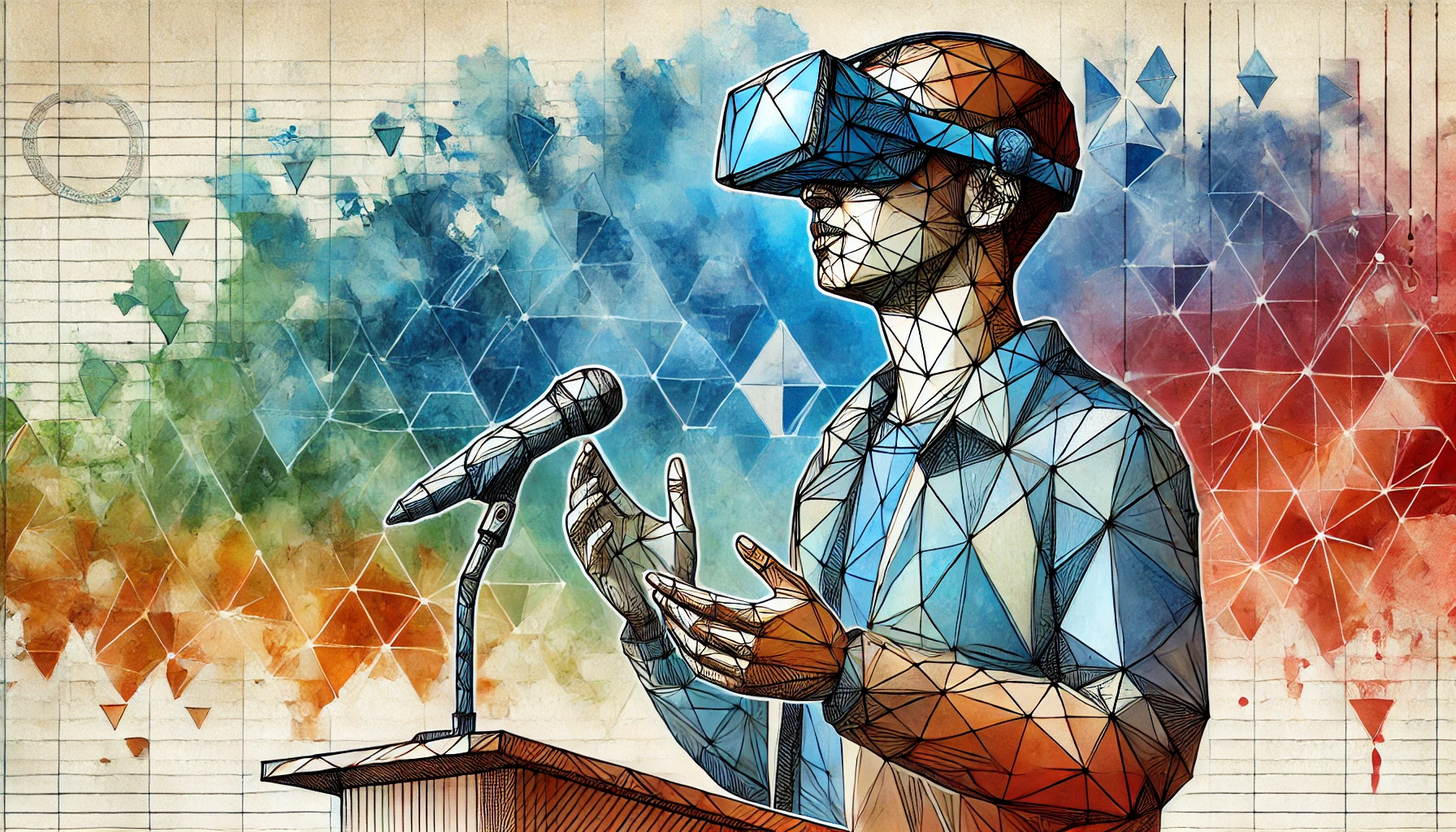In the late 00s, I went looking for a low-stakes way to regain my confidence as a public speaker. A friend suggested Toastmasters.
In my first meeting I was invited to speak on a “table topic”:
“Will there ever be another act as large as the Beatles?”
With the benefit of editing and rose-colored memories, my “speech” went something like this:
In 1964, The Beatles appeared on The Ed Sullivan Show.
“A musical guest on a variety show. So what?” you may be thinking. (ed: this was a room of mostly 20-something digital natives.) But network TV was not was it is today. TV was new. There were roughly 5 channels to choose from, broadcasting only during prime time. My parents (and their parents) got to know The Beatles from their living room TV, introduced by the venerable Ed Sullivan. 40% of Americans shared in that experience, simultaneously, each from their own living rooms.
Today we live in an era of mass-customization. Streaming services cater to our tastes and our schedule, allowing us to go deeper on what speaks to us and on our terms. We can pick and choose our own variety show.
Outside of sporting events and political events (the lines between the two blurring every year), we have fewer and fewer of these cultural touch points. Those touch points rarely introduce anything new.
So, no. “The Beatles” will likely never happen again because media distribution, consumption, and tastes have fundamentally changed.
I was rather pleased with myself. (Still am.)
Today I’d argue the same.
Taylor Swift and her Eras Tour has been the closest in recent memory, thanks to her equal-part talents in singing, songwriting, and business.
Even so, she hasn’t reached (nor will reach) Beatles-level market share. Music and media distribution channels have extended well-beyond early TV and radio, and with diminished transmission costs there’s no incentive to converge.

Concerning their respective fan bases:
- Taylor Swift fans are called “Swifties”. The Beatles fan base has no similar term. On occasion, editors referred to the latter as “Beatlemaniacs” but fans rarely self-identified as such. Swifties do. Hashtag #swiftie.
- The Beatles had no website or online forum (the Internet, let alone ARPANET, didn’t exist yet) so fandoms collected their energies amongst themselves and with each other under geographic constraints. For Taylor Swift, her online stans can be fed via social media drip, each a fan club of one. For some, a core identity.
- Legend says that attendees could barely hear or see anything at a Beatles show. At the time, even the loudest speaker towers were overpowered by the crowd’s screams while thousands of flailing limbs listed towards the stage, obstructing all but the occasional glimpse of a George or a Paul. For Swifties, modern amplification fares better allowing everyone can hear her music and lyrics. Building-sized LCD screens allow even the nosebleeds to see nose hairs. Participation is more sing-a-long than primal meat grinder. (This one is a clear improvement.)
Parasocial effects aside, contrasting fan experiences and identities reflects two worlds with differing information fidelity, availability, and personalization.
I’m starting to see it everywhere.
20+ years ago, if I received an IM that could be just as easily be asked of a search engine, I’d respond with a link to said Internet search.
Back then, online chat was a completely new paradigm! Some of you will remember when you had to go to a library, rifle through its card catalog, locate one or two bookshelves that might have three or four books on it that might have an answer to your question.
For the youngsters reading this, early Instant Messengers (ICQ, IRC, and AOL IM) predated Wikipedia by quite a few years. Widespread, trustworthy, and comprehensive knowledge access came later. I was an early adopter, so I could find my way around better than most—responding with a link to an Internet search wasn’t considered as rude as it may currently seem.
15 years ago, someone created LMGTFY where I could instead link an animation of a google search asking the aforementioned question before redirecting to the search results itself.
It was cheeky, yes; but, for me, I felt profound satisfaction in synthesizing information and creating knowledge with people who have also read the source material rather than revisiting the basics over-and-over again. A major value-add to the human condition.
Habits and behaviors continue to shift with the latest technology. With LLMs, searches become dialogues. Knowledge explorations are more easily synthesized with a generative companion than if one were to electronically tap a friend on the shoulder to see if they’re available to chat.
Chat bots are good enough right now for most things. Hallucinations and factual inaccuracies aside, it is not much worse than talking with a non-expert. In my experience, the falsehoods are usually just as detectable if not downright hilarious.
As we cross this chasm, I have been finding myself less aware of what questions people are asking.
I’ve started to wonder what people are wondering about… and if they’re wondering at all.
To be sure, there are enormous benefits in creating technology that crafts highly-tailored worlds where people can practice, learn, and explore in ways that best suit them.
Over the last few months, I’ve seen pitch decks and in-market companies building towards virtual environments in which a cocktail of LLMs, natural speech processors, and VR headsets can immerse learners in single-player worlds to practice live, multiplayer experiences.
Very soon, people will be able to hone new language skills by conversing with a polyglot neural network on a super-niche topic instead of trying their hand with a human conversational partner who may be less enthused about desert arachnids. Musicians can wear VR headsets to emulate playing in front of an unnaturally-live audience to get comfortable with their naturally-aspirated adrenaline and stage fright. Concert goers can do the same for crowd and social anxieties.
Immersive technologies could help people regain their confidence in, say, public speaking.
What are we trading for technology-enabled individualism?
Where will we find common ground?
Were The Beatles it?

After writing the above, I wondered what a chatbot had to say.
“While it’s certainly possible for hugely popular acts to emerge, achieving the level of cultural impact and sustained popularity of The Beatles would be challenging. However, the music industry is always evolving, and new phenomena could arise.” — Claude 3.5 Sonnet
What asked to compare to Taylor Swift:
“While Taylor Swift is undoubtedly one of the biggest acts of her generation, the cultural context is very different from The Beatles’ era. Swift’s success is impressive, but the fragmented nature of modern media makes it challenging to achieve the same level of ubiquity The Beatles had.” — Claude 3.5 Sonnet
I admit there’s some pride in having the same answer as my currently favored LLM, generated about as quickly and pithily.
I also wondered what The Internet had to say. A lot, it turns out.
Maybe this wasn’t such an interesting question after all. Maybe the onus is on us to make interesting answers.
On LLMs, nuance and context is offered when people know to ask. On search, it’s given freely. Maybe there is renewed value in asking search engines rather than LLMs to get individual perspectives rather than the zeitgeist’s average.
Maybe there’s still value in publishing new answers to old questions.